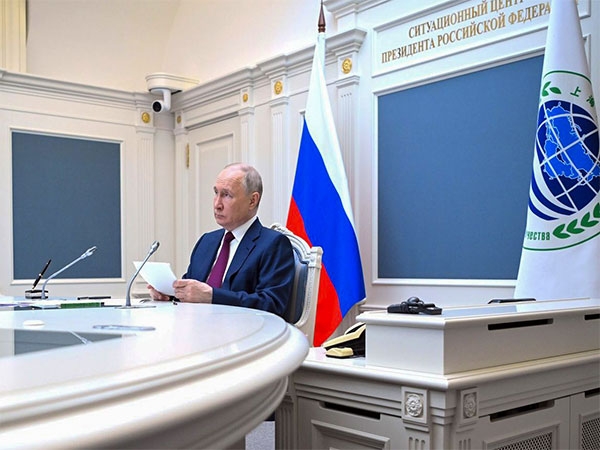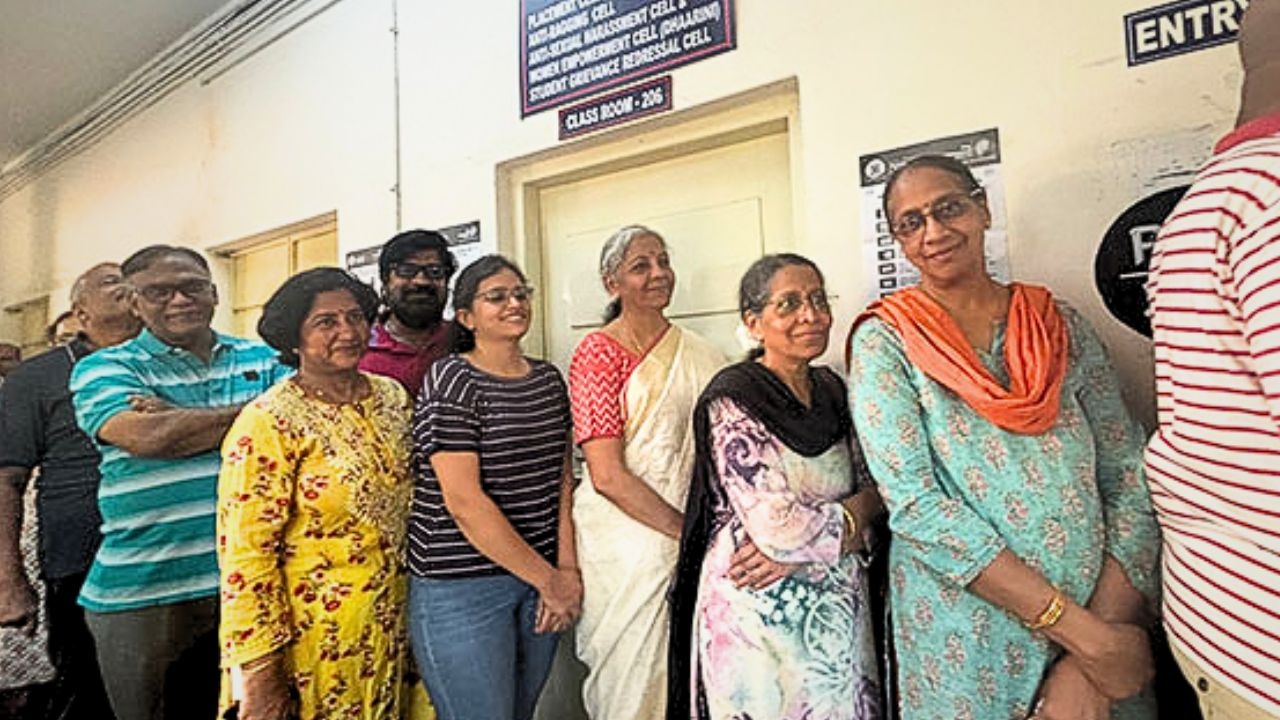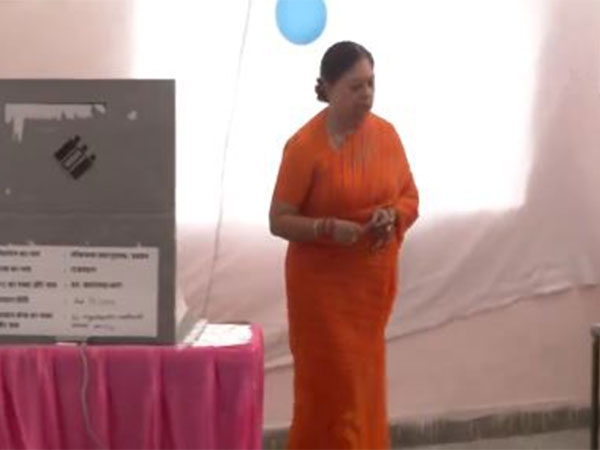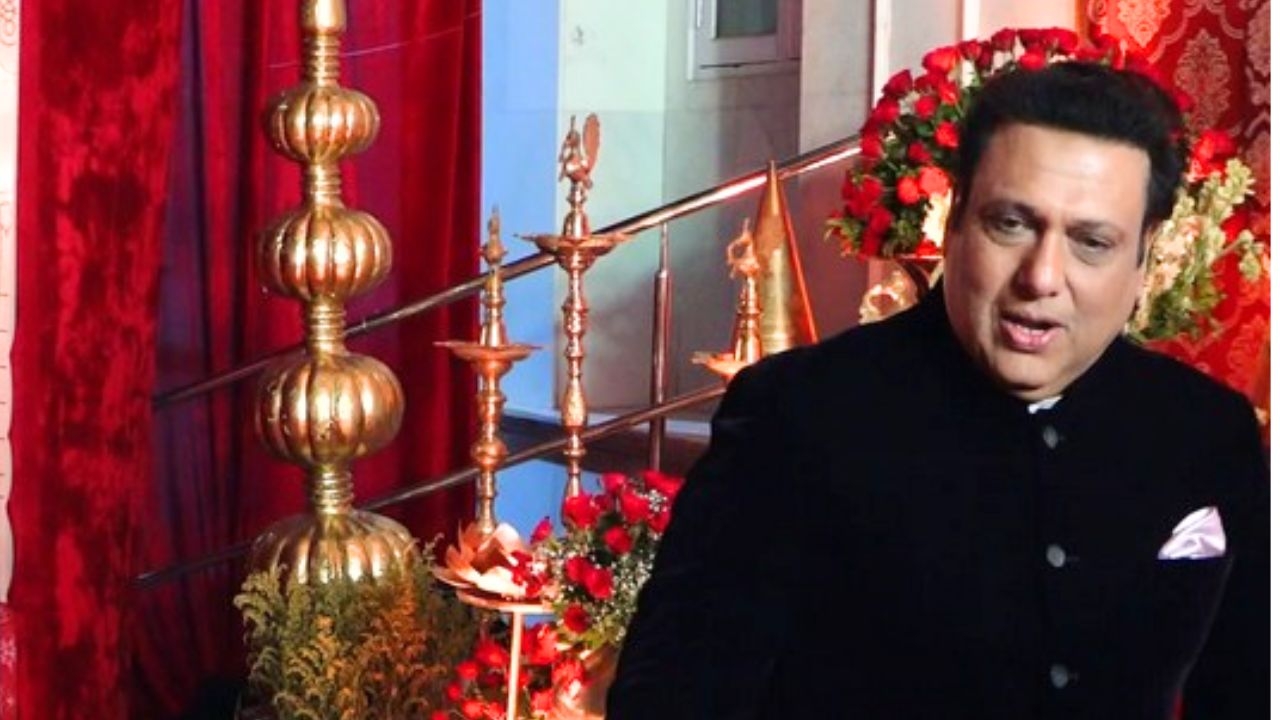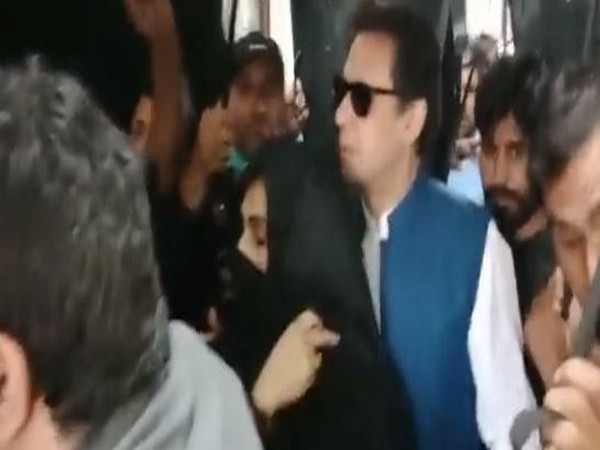Kashmir acquires a resonance in India's polls unlike anytime in past
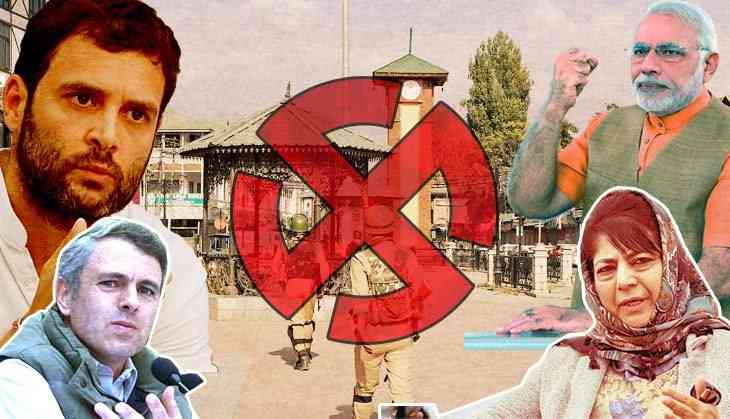
Srinagar: Holding a roadshow in Gandhinagar on Saturday, BJP chief Amit Shah made people chant a slogan that "entire Kashmir belongs to India".
This followed after his recent pitch for withdrawal of the Article 370 and 35A was rejected by Kashmiri leaders with the PDP chief and former J&K chief minister Mehbooba Mufti saying Shah was "daydreaming" about abrogating the state's special constitutional position.
But raising Kashmir in an election rally in Gandhinagar where Shah is a contestant underlines the mainstreaming of the state in the country's election discourse. It also reflects how the national parties see their respective position on the state as a distinct factor in how people relate to them.
J&K has always been an issue in India's national polls but this time it has acquired a resonance unlike any time in the past. With the BJP making national security its central poll plank following the Pulwama attack which killed 40 CRPF personnel and triggered skirmishes with Pakistan, the issues related to the state have moved to the centre-stage. The ruling party has aggressively brought up the situation in the state to drum up public
support. From the prime minister Narendra Modi on down to home minister Rajnath Singh, finance minister Arun Jaitley to Shah himself, the BJP has been unrelenting on Kashmir in its campaign rhetoric.
Not only that, unlike the Congress and the other opposition parties, the BJP's top leaders comprising PM Modi, Singh and Shah - the party's veritable triumvirate - have also visited J&K to deliver election speeches.
"One reason for this is the BJP's longstanding ideological position on the state which in recent years has found increasing resonance with a significant section of the population across the country," says the political analyst and Kashmir University professor Dr Gull Wani. "And another reason is that Kashmir, because of the immediate mental association with the conflict with Pakistan evoked by it, is a deeply polarizing issue. So an issue like this snugly slots into the BJP's nationalist agenda".
Opposition takes Congress has stayed short of locking on to the issue as proactively, choosing rather to buck the BJP's nationalist challenge and shift the battlefield to development issues where the saffron party is perceived to be on the defensive. Hence the minimum income guarantee scheme like Nyay and promises of measures to alleviate rural distress have supplanted the accent on ideology.
In its manifesto, though, Congress has duly talked about Kashmir but in terms of the promise of reconciliatory measures like the appointment of three interlocutors to hold dialogue with the dissident groups and the dilution of the AFSPA that shields security personnel against the cases related to human rights excesses.
On the contrary, the BJP in its manifesto has reiterated its hard-line ideological position on the state. It has renewed its pledge to revoke Article 370 and 35A of the Constitution to play to its wider nationalist constituency. In Kashmir, the moves to withdraw these constitutional safeguards is seen as a bid to pave the way for a demographic change in the state.
Though regional opposition parties have largely stayed away from Kashmir, the growing BJP accent on the state has forced Mamata Banerjee to join the debate. Trinamool Congress leader and the Bengal Chief Minister has said she was "willing to stay in Kashmir" to bring peace to the state.
Numerical insignificance
This dispropprtionate attention to the state in the country's election discourse may appear at gross variance with the fact that Kashmir sends just six seats to the Parliament. The state looms large for historical and political reasons - chiefly for the fact that the dispute over its political status is at the heart of the long-running conflict with Pakistan. Add to this the fact that the election campaign itself began in the wake of Kashmir bringing the two countries to the brink of war.
"It is not a numerical argument, it is an argument based on facts. Yes, we only have six seats but Jammu and Kashmir bats far above its rankings otherwise. The smallest thing in Jammu and Kashmir becomes international news, very big things in other states are often ignored. So, I think six members in Parliament can do more than 60 from another state," the National Conference leader Omar Abdullah recently told media.
Kashmir pays, hurts too Pulwama attack happened when the Prime Minister Narendra Modi appeared to be losing the battle of narratives with the Congress and the other opposition parties. Congress was successful in putting development and jobs at the front and centre of the national discourse. But Pulwama brought the national security back to the front burner, helping the BJP regain the initiative. And the subsequent attack on Jaish-e-Mohammad camp at Balakot only further burnished Modi's image, building upon 2016 surgical strikes.
Though Balakot fallout didn't entirely go to the BJP's expectations, the party has so far been able to spin it to its advantage as an example of the party's tough stance on terrorism.
However, as the BJP's pitch for scrapping Article 370 and 35A underlines, Kashmir's importance for the party goes far beyond its response to Pulwama. The troubled state underpins the party's national security and ideological vision for India. And Congress not publicly opposing the BJP's Kashmir agenda also shows the perceived peril of taking a liberal position on the state in today's India. But this again validates a big Kashmir factor in play in the polls.
"Congress Kashmir agenda is a ray of hope even though the party hasn't publicly joined issue with the BJP," senior PDP leader Naeem Akhtar told Catch. "But for the BJP and the RSS, Kashmir is emerging as the bigger issue than even Ram Mandir. They will continue to use it for their electoral advantage".
But Kashmir, Akhtar warned, can also be a costly issue to mess with. "As Pulwama demonstrated, a muscular approach only necessitates a war, either with Pakistan or against Kashmiris themselves," Akhtar said. "The issue is can the country afford to go to war after every major attack in Kashmir. A chest-thumping approach to the state and using it as an instrument to mobilize votes only complicates the issue and pushes South Asia towards war".

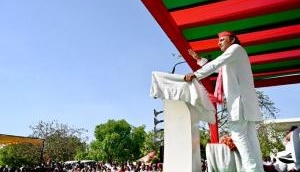
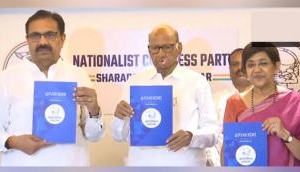
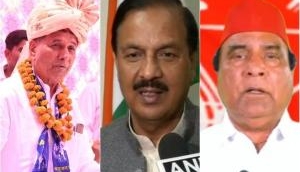
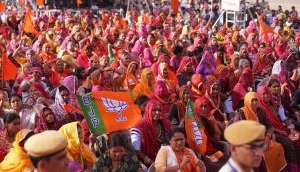

![BJP's Kapil Mishra recreates Shankar Mahadevan’s ‘Breathless’ song to highlight Delhi pollution [WATCH] BJP's Kapil Mishra recreates Shankar Mahadevan’s ‘Breathless’ song to highlight Delhi pollution [WATCH]](http://images.catchnews.com/upload/2022/11/03/kapil-mishra_240884_300x172.png)

![Anupam Kher shares pictures of his toned body on 67th birthday [MUST SEE] Anupam Kher shares pictures of his toned body on 67th birthday [MUST SEE]](http://images.catchnews.com/upload/2022/03/07/Anupam_kher_231145_300x172.jpg)


